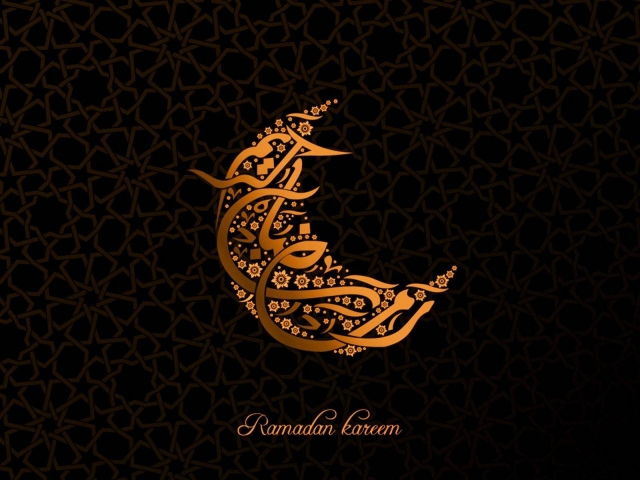Fasting during Ramadan is more than just refraining from food and drink; it is also a time for spiritual meditation, growth, and purification. Generally, fasting during Ramadan is seen as a significant component of Islamic faith, serving as a reminder of the value of spirituality, discipline, and kindness in Muslim lives.
Yes, fasting is one of Islam’s Five Pillars and is an essential part of Ramadan for all adult and physically capable Muslims. Muslims fast from dawn to sunset during Ramadan, foregoing food, drink, and other physical needs during the day. Every day at dusk, the fast is broken with a meal known as Iftar.
It is time for Muslims to focus on their religion, self-control, and self-discipline. It is also a time to boost your prayers, charitable giving, and good acts. Fasting during Ramadan, one of Islam’s five pillars, provides several spiritual advantages. Here are a few examples:
Improving self-control
Fasting throughout Ramadan helps people develop self-control and self-discipline. Muslims learn to manage their cravings and urges by refraining from food, drink, and other bodily necessities from sunrise until dark.
Gives Faith Strenght
Fasting throughout Ramadan enhances a Muslim’s faith and allows them to come closer to Allah. It is a time for thought, prayer, and charitable deeds, all of which contribute to strengthen a person’s relationship with their faith.
Developing gratitude
Fasting teaches Muslims to appreciate the gifts they have in life. This fosters gratitude and thankfulness for what they have and aids in the reduction of sentiments of envy and greed.
Empathy
Fasting throughout Ramadan allows Muslims to feel what it’s like to go without food or drink for a long length of time. This can serve to foster empathy for individuals in need and motivate charitable activities.
Soul Purifying
Ramadan fasting is said to purify the soul and assist people in overcoming undesirable qualities like as wrath, jealously, and selfishness. Muslims focus on spiritual things and strive to develop themselves by refraining from food and drink during the day.
Building family and Community Ties
During Ramadan, families and communities gather to break their fast and share meals. This enhances Muslim relationships and develops a sense of solidarity and belonging.
It is crucial to also note that fasting is not intended to hurt the body, and individuals who are unable to fast for medical or other genuine reasons are excluded. Alternatively, they can make up the missed fasts later or donate food for the poor as a sort of penance.










